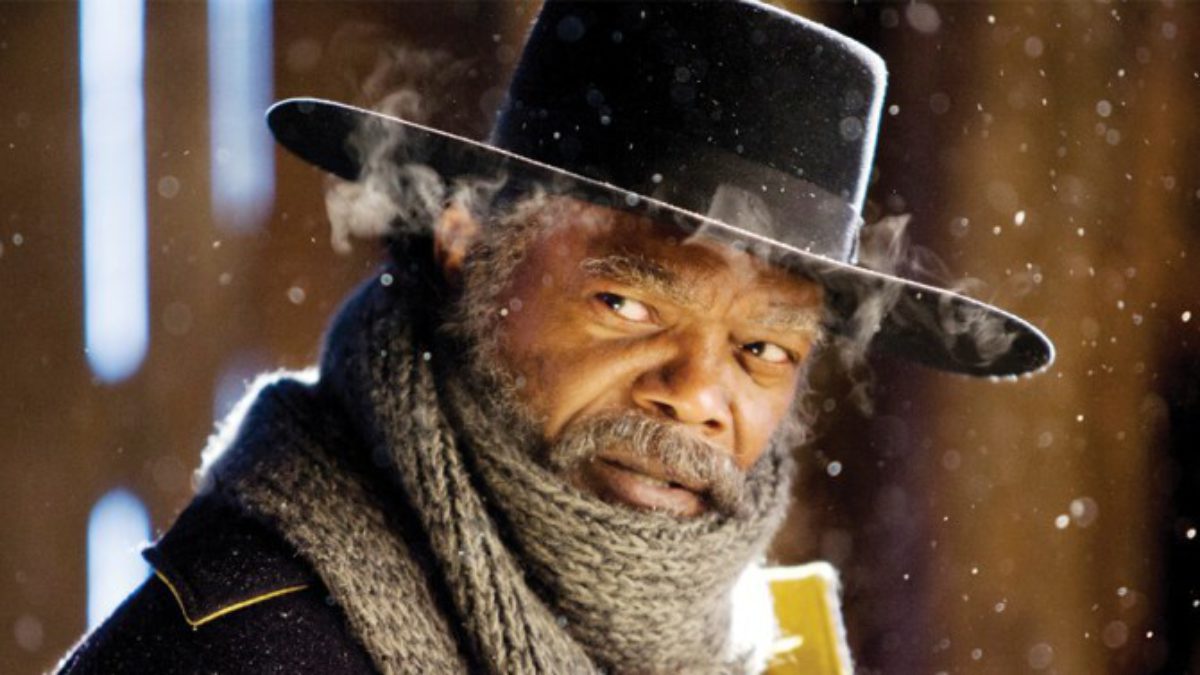
Unconditionally worshipped by many, arduously hated by others—if there’s a constant with Tarantino is that he leaves no one indifferent. Throughout his 30-year long career, his work has been scrutinized, chewed-over and mass-consumed as much as that of any modern director. Quentin Tarantino is a tentpole in his own right, a brand and genre all by himself.
To this day, he still remains the best success story in all Hollywood—a self-taught video-store clerk who took the world by storm and became the poster boy for independent cinema. At the turn of the millennium, the New American Wave of the 70’s was nothing but a distant memory for a whole generation who grew up binge-watching MTV and browsing shelves at Blockbuster. Arguably no director filled that void as much as Tarantino, a certified film nerd who wore his geeky persona as a badge of honor. Overnight, he became the closest thing to a rock star the industry had, an exciting new voice who made of every new movie a mandatory appointment at the big screen.
His films seem to be in open rebellion with conventional storytelling, deliberately designed to defy and mock every label and trope. Unapologetically indulgent and openly self-aware—even at the expense of character depth—they soon became an entry point for millions of young viewers to the vast world of non-commercial cinema.
For ages, the director has vowed to throw in the towel once he reaches the tenfold of movies, which leaves us with one last rodeo (presuming he conceives Kill Bill as one film rather than two). Only time will tell whether Tarantino follows through on his promise or not. But as we bide our time until he delivers his final blow, let’s take a trip down memory lane and go over all of his films to date.
9. Death Proof (2007)
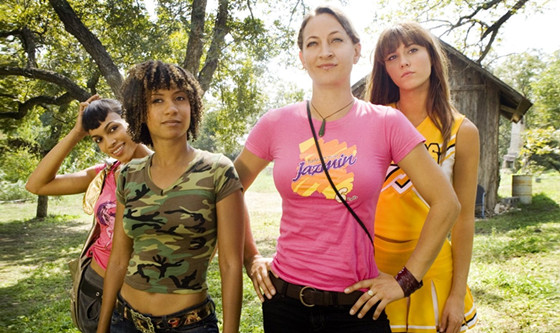
“Death Proof has to be the worst movie I ever made. But if that’s the worst I ever get, I’m good.”
It’s hard not to agree with Tarantino’s self-assessment here. Though it may rank dead last in this list, that’s not to say there isn’t much to love with his high-octane thriller. As a love-letter to the grindhouse and low-budget exploitation movies that the director himself devoured as a teen, Death Proof hits all the right notes. Originally conceived as a double-header to be screened along Robert Rodriguez’s Planet Terror, the film itself is both a homage and attempt at reviving the sleazy, underground theatrical experience of old.
Nostalgia proves to be the driving force behind the whole story—mainly towards the long-gone era of practical effects, where real people used to put their lives on the line to perform the same action scenes that are nowadays rendered digitally. Accordingly, the figure of stuntmen acquires a quasi-mythological status here—an admiration that would carry over on to his latest movie in the form of Cliff Booth. It’s only right that a Hollywood prop car rather than a knife or gun serves as the deadly weapon of choice for Tarantino’s quintessential slasher villain—Mike McKay—a deranged stunt double who preys on women and lures them into his four-wheeled killing machine.
All in all, it’s hard not to appreciate Death Proof for what it is—a heartfelt passion project disguised as a frivolous schlock-fest.
8. The Hateful Eight (2015)
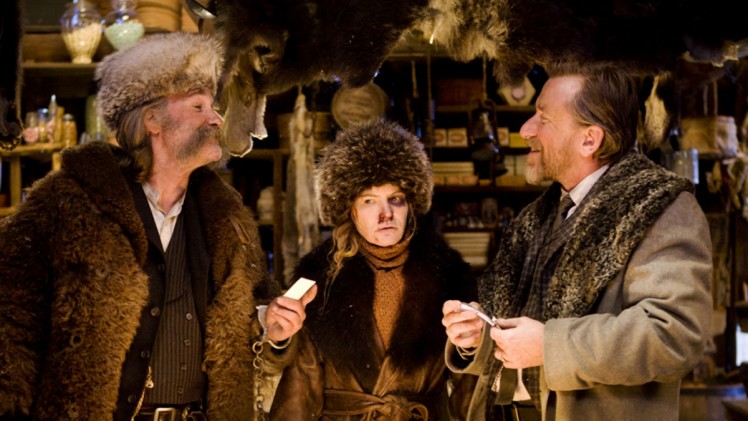
Having Ennio Morricone score his Western surely must have been a dream come true for Tarantino. The legendary Italian composer had worked in some of his all-time favorite films, most notably Sergio Leone’s Dollars Trilogy and Once Upon a Time in the West.
The Hateful Eight takes a cue from another of Morricone’s iconic spaghetti western—Sergio Corbucci’s The Great Silence—not only in its snow-swept landscape but in the rotten individuals populating it. Granted, it’s not like Tarantino has ever been known for writing charming, law-abiding characters. But for the most part, the director has found a way to make his mean, hard-nosed crooks likeable or, at the very least, bearable. That’s not the case here—The Hateful Eight is saddled with a palpable cynicism that’s particularly hard to shake off and makes it virtually impossible to root for anyone on screen.
In pure Tarantino fashion, he took a page out of the western genre to make his own revisionist chamber drama. The story mostly takes place within the confines of a secluded log cabin where a bunch of bounty hunters are pitched against each other in a web of lies and deceit. There’s no denying that the film rewards our patience with a memorable climax, but the build up to it unfolds at a glacial pace that isn’t everyone’s cup of tea. For that reason, The Hateful Eight has become an outlier in terms of rewatchability as the first Tarantino joint to never fully justify its runtime.
7. Once Upon a Time in Hollywood (2019)
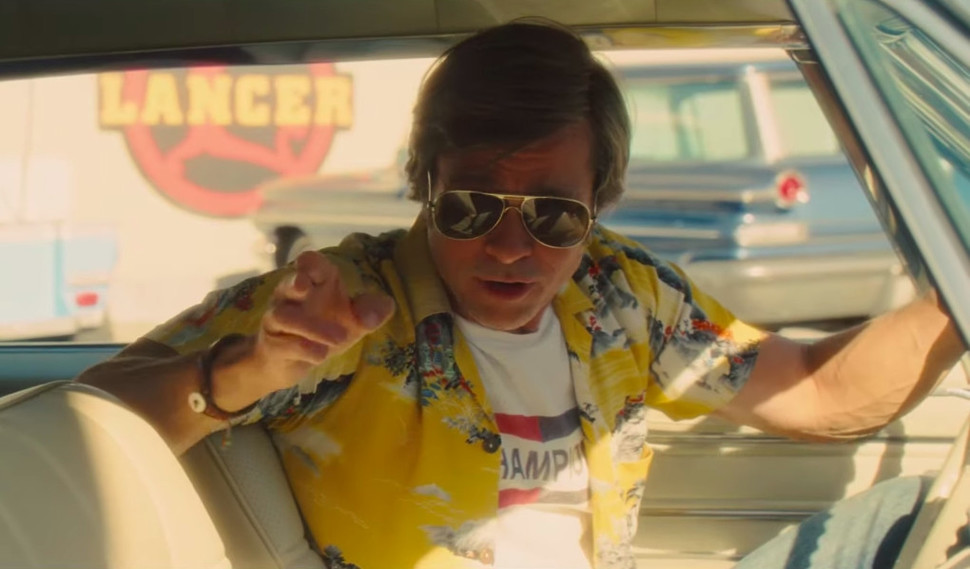
Ironically, the biggest virtue of this movie is the fact that it feels like the least Tarantino movie Tarantino has ever concocted. One common criticism of his work is that, for all their unapologetic confidence, they never seem to escape their own self-awareness. For the most part of his career, Tarantino has displayed an almost juvenile need to assert himself with every new film. As such, characterization has always taken a backseat to his penchant for referential gags and metatextual ramblings.
This Golden Age tale is detached from most of these trappings precisely because Tarantino keeps his worst tendencies at bay—notwithstanding an array of foot close-ups and meddling with history. Where in most of his films he’s in a race to one-up himself, here Tarantino savors each minute spent in this filmic time capsule.
In every regard, Once Upon a Time in Hollywood feels like a product of a seasoned filmmaker finally at peace with his own image and legacy. Whereas the build-up on The Hateful Eight evoked nothing but dreadful suspense, this movie fills you with bittersweet jubilation—at the same time celebrating a lost era while bidding it farewell.
6. Django Unchained (2012)
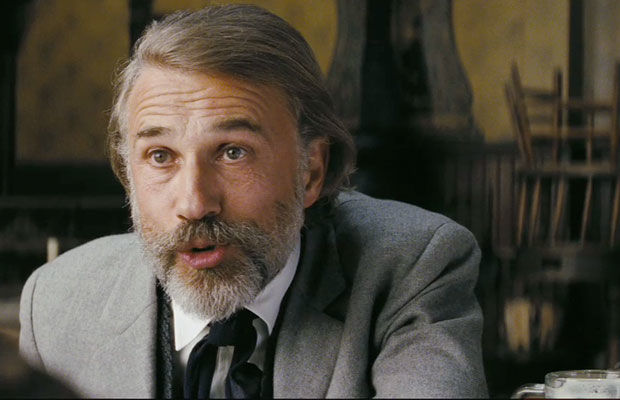
One frequent Tarantino trope is to play with our preconceived notions about generational A-list actors by casting them in subversive roles. In Pulp Fiction, he took America’s darling—John Travolta—and made him a lousy gangster who dies unceremoniously in the bathtub. In Jackie Brown, Robert De Niro—synonymous with assertive manliness—portrays a lazy pothead used for comic relief. Django conceals its villain until the very end, only to reveal Leonardo DiCaprio, of all people, playing a ruthless and racist plantation owner.
As far as foes go, Calvin Candie goes toe to toe with any in the whole Tarantino-verse—essentially stealing the show in barely thirty minutes of screen time. As a whole, the director’s first foray into the western genre has grown to be arguably his most divisive and inflammatory movie yet. Though it’s often considered as his best effort in the past decade, many fans wonder if QT bit off more than he could chew in his self-indulgent Pre-Civil War epic.
Violence has always been a hot talking point with Tarantino ever since Mr. Blonde sliced a cop’s ear to the tunes of ‘Stuck In The Middle With You’. But given the subject matter and historical backdrop, Django’s gratuitous bloodshed is particularly tough to sit through. It certainly doesn’t help either that Tarantino indulges in his worst habit by inserting himself in one long, cringe-inducing cameo. Which above all begs the question—is there a moral takeaway somewhere in this 165-minute-long revenge porn beyond its redundant anti-slavery slant? And if not, should that be held against the movie itself?